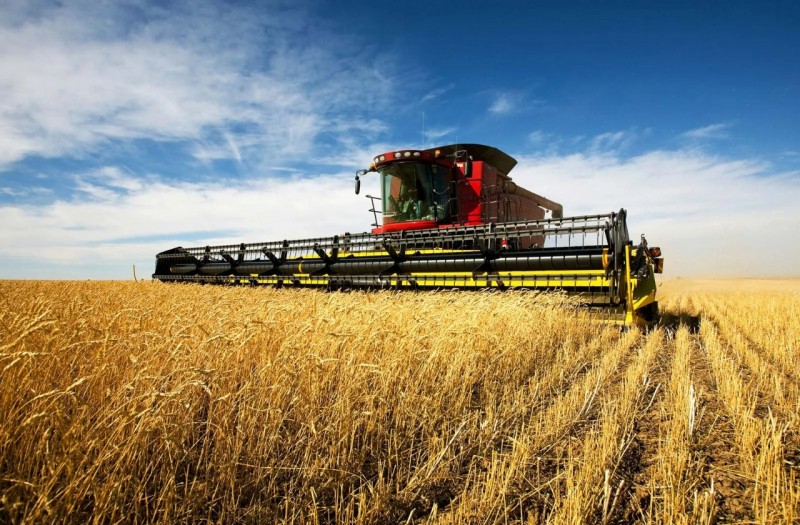While price inflation in Morocco continues to break records, a recent report from the World Bank argues that agricultural and Cereal export prices have started showing signs of stabilizing worldwide.
Despite showing moderate signs of easing, price shocks are still driving inflation high, with inflation levels being especially high in low and middle-income countries, including morocco, the report indicates.
It also argues that high inflation is currently creeping its way to even high-income countries, which were previously thought to be immune to inflationary trends.
In Morocco, data compiled by the World Bank shows the alarming trend of rising inflation over the past five months. The country’s inflation figures broke through the 5% threshold in February, maintaining an upward trajectory for five months in a row and reaching 10.6% in June.
Global anxiety and disruptions to continue
Amid the generalized uncertainty triggered by the remnants of COVID-induced anxiety and the repercussions of the Ukraine war, the prospect of price recovery is further clouded by the continuous disruptions to the global supply chain.
The outlook of global trading is “not promising,” World Trade Organization (WTO) Director-General, Ngozi Okonjo-Iweala, said in a recent interview with Bloomberg, highlighting the multiple risk factors that could threaten the short-term recovery of global trade.
As Russia’s war on Ukraine is increasingly exerting more pressure on global energy and food supplies, Okonjo-Iweala argued, COVID-induced shipping bottlenecks are still retraining the global trade.
ALSO READ: Chery to launch a New Tiggo 8 Pro Max in Moroccan Market
In Asia, China’s “Covid Zero” strategy means that the world’s largest manufacturing regions are in peril of being shut down at any moment to deter the spread of COVID-19, the WTO chief told Bloomberg.
Climate change has equally affected supply chains in some of the world’s largest economies, translating to low production of key food commodities such as grain.
In light of the risks still looming over the global supply chain, the WTO is set to downgrade its forecast for growth even further. The global trade regulator has already cut the growth projections to 3% in April, down from 4.7%.
